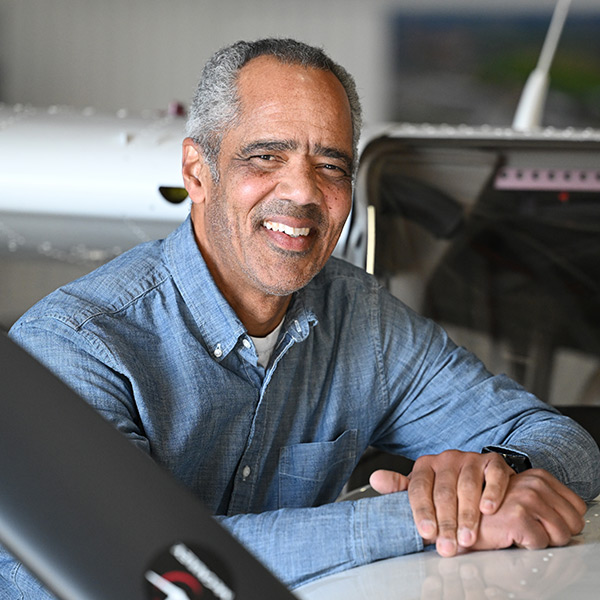Utah company boosts battery flight time
EP Systems seeking FAA certification
Electric Power Systems Inc., a Logan, Utah, company developing electric aircraft propulsion components, has introduced a battery that yields up to 90 minutes of flight time.
The reported increase in endurance for the new system (up from 60 minutes for the previous version), called EPiC 2.0, would make electric aircraft propulsion more practical, especially in the flight school settings for which many are designed. The news also adds to the sense of progress at EPS, which is seeking FAA certification of its earlier EPiC 1.0 power system.
For many years people in the aviation industry have talked about an hour of running time as the minimum required for electric aircraft to operate effectively in a training environment. Pilots know, however, that training sessions often take longer as aircraft make their way to and from practice areas or when instructors add one more circuit of the pattern to a lesson. Having an extra 30 minutes could lead to more effective training.
“The average duration of a local training flight is just over an hour. So having one hour plus capacity makes that feasible,” said Dan Sutliff, assistant professor at Utah Valley University. “The additional range of these new batteries will allow us to do local flight training and cross-country flight training as well. Everything that needs to be completed for a private pilot certificate.” The company said it is testing the EPiC 2.0 for safety and expects the system to be ready for flight in early 2025. It has also shared details of the EPiC 2.0 system’s development with some of its aviation partners.
“It’s exciting to see the light bulb turn on where they see how this is going to help them,” said Michael Armstrong, chief technology officer for EP Systems.




